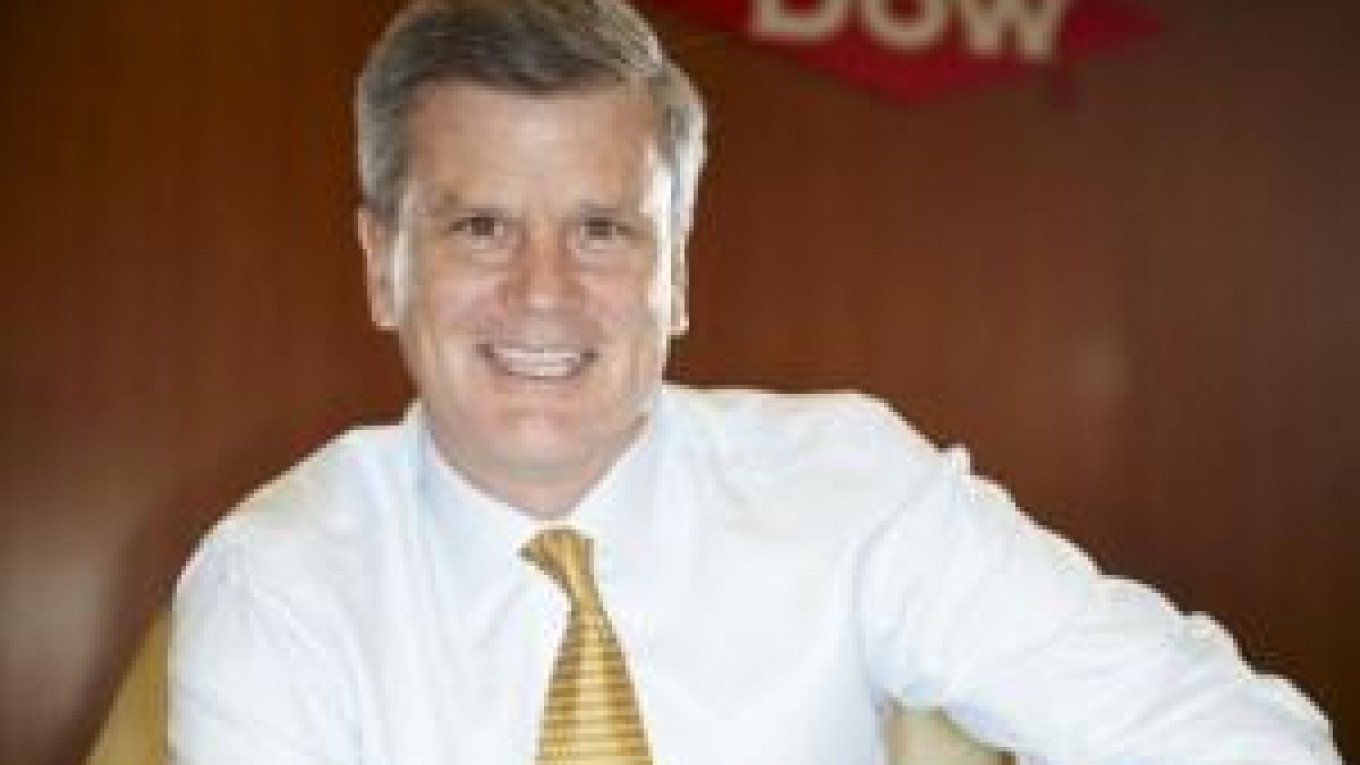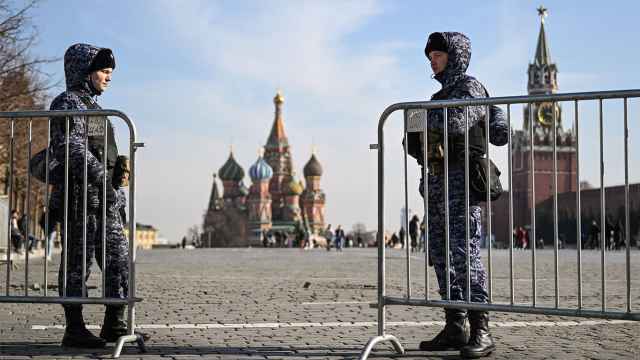Before leaving for last week's Asia-Pacific Economic Cooperation forum in Vladivostok, Dow Chemical Company executive Pat Dawson had to check a map.
To his surprise, he discovered that Vladivostok was northeast of Hong Kong, where he is based as the company's Asia-Pacific president, rather than to the northwest as he had assumed. His geographical mandate runs out at the Russian border.
Despite the efforts of the Kremlin to promote the country's Far East as an economic hub ahead of the flagship APEC gathering, the territory is still marginal for many international companies.
About $10.6 billion of Dow's $55 billion of global sales came from the Asia-Pacific region, which excludes Russia. The company's operations in Russia are concentrated around Moscow, and local sales in 2011 were $770 million. Dow had no direct involvement in the $18.7 billion of infrastructure construction that took place in and around Vladivostok prior to the APEC summit.
But Dawson said in an interview in Moscow after returning from Vladivostok that the event had been a successful showcase for Russia's Far East.
"We should not always be hung up on maps," he said. "Going to sleep and waking up in Vladivostok [made the] reality set in of what's going on in Russia."
Appointed Dow's Asia-Pacific president in 2010, it was Dawson's fourth APEC summit, and he slept in one of the rooms at the conference site on Russky Island that will now be transformed into student dormitories for the new Far Eastern Federal University. He also took part in a panel discussion on infrastructure and shared a stage with billionaire Oleg Deripaska and Summa chairman Ziyavudin Magomedev.
The event, the setting and the young volunteers were impressive, he said, but conversations had not been as productive as the previous year, when the U.S. hosted the annual APEC gathering in Hawaii.
"I'm not saying it was a big problem … but there could have been a bit more open dialogue in some of the discussions," he said. Details were pushed out by the drive to show off Vladivostok and the Far East to foreign businessmen and foreign politicians, he added.
Construction linked to infrastructure is one of Dow's big target markets for its chemical products. While it was not involved with APEC preparations, it is seeking to leverage its sponsorship of the Olympics to win contracts for building projects arising from the Sochi 2012 Winter Olympics.
Close cooperation with the government is essential for success in the infrastructure business, Dawson said.
"As governments set their national priorities, it helps us to have more confidence in where we should make our investments."
A Message from The Moscow Times:
Dear readers,
We are facing unprecedented challenges. Russia's Prosecutor General's Office has designated The Moscow Times as an "undesirable" organization, criminalizing our work and putting our staff at risk of prosecution. This follows our earlier unjust labeling as a "foreign agent."
These actions are direct attempts to silence independent journalism in Russia. The authorities claim our work "discredits the decisions of the Russian leadership." We see things differently: we strive to provide accurate, unbiased reporting on Russia.
We, the journalists of The Moscow Times, refuse to be silenced. But to continue our work, we need your help.
Your support, no matter how small, makes a world of difference. If you can, please support us monthly starting from just $2. It's quick to set up, and every contribution makes a significant impact.
By supporting The Moscow Times, you're defending open, independent journalism in the face of repression. Thank you for standing with us.
Remind me later.







